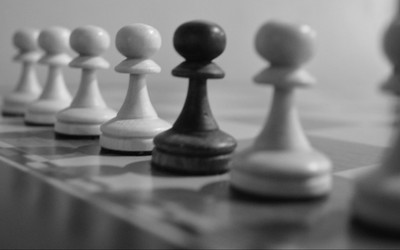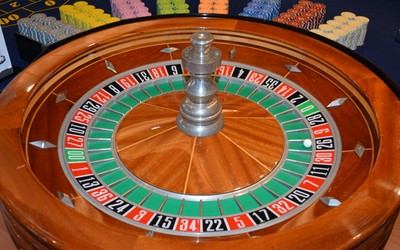
Shaun Meintjes
Do Resolutions Matter?
Effort and outcomes aren't the same thing.Yesterday on Cortex Podcast, I heard:
Nobody cares how hard you worked on a thing. - CGP Grey
The amount of effort you put into your gym workout, your chess training, etc. is not directly observable by others, even though they can see your face, hear the strain in your voice, and watch you collapse like a football player. You might even claim to enjoy watching streamers "grind", but let's be honest; how can you know how much effort they are exerting, and have you studied how the rating system works?
I encourage reading Asimov's short story collection I, Robot: its stunning conclusion is that people care about feeling in control, whether or not human-like robots run the government. Likewise, imagine a Turing test: if a player cannot tell whether their opponent is cheating, why does it matter if the opponent is cheating? Cheating allows a player to reap rewards of something they didn't put in the effort to earn, by breaking terms of service... well, hang on. How many of us carefully read the rules:
- When we first signed up?
- When we receive notices that it has been updated?
- When we say other players should obey them?
Heck, for all the noise generated last year about a different chess site in 2022, how many of us actually read that site's rules? We confidently assume we understand the world around us, yet bias clouds our ability to understand why a noisy virtue-signaling corporation regularly unbans known cheaters while making examples of others.
What if effort and passion aren't guaranteed to translate into results? Are pragmatic resolutions possible?
- Make a best effort to read rules in advance of important events or decisions. Even if we become confused about rules, hopefully others will be understanding of our efforts; and sometimes, understanding tie-breaks, en passant, and/or other rules may be profitable.
- Use a coach or trusted friends to assess whether study produces results. Even if our coach and/or friends betray our trust, we can learn what to look for in the next coach or friend.
- Stop glorifying the grind to X. Even if we miss our rating goals*, we can still enjoy learning about such a beautiful game. Who knows, maybe it's easier to improve even with ratings hidden?
Besides, it's the thought that counts...
https://youtu.be/hjPNWy8liNk
*Rating targets are a naive way to gauge understanding, and are useless for clarifying why you fail at openings, tactics, endgames, positional chess, etc. If coaches and/or friends aren't helping you track your progress at each aspect of the game, are you wise enough to understand your own errors? Self-confidence and confirmation bias, however comforting, are not substitutes for competence.
What If We Could Weaponize Empathy?
Image credit: Shaun Meintjes




